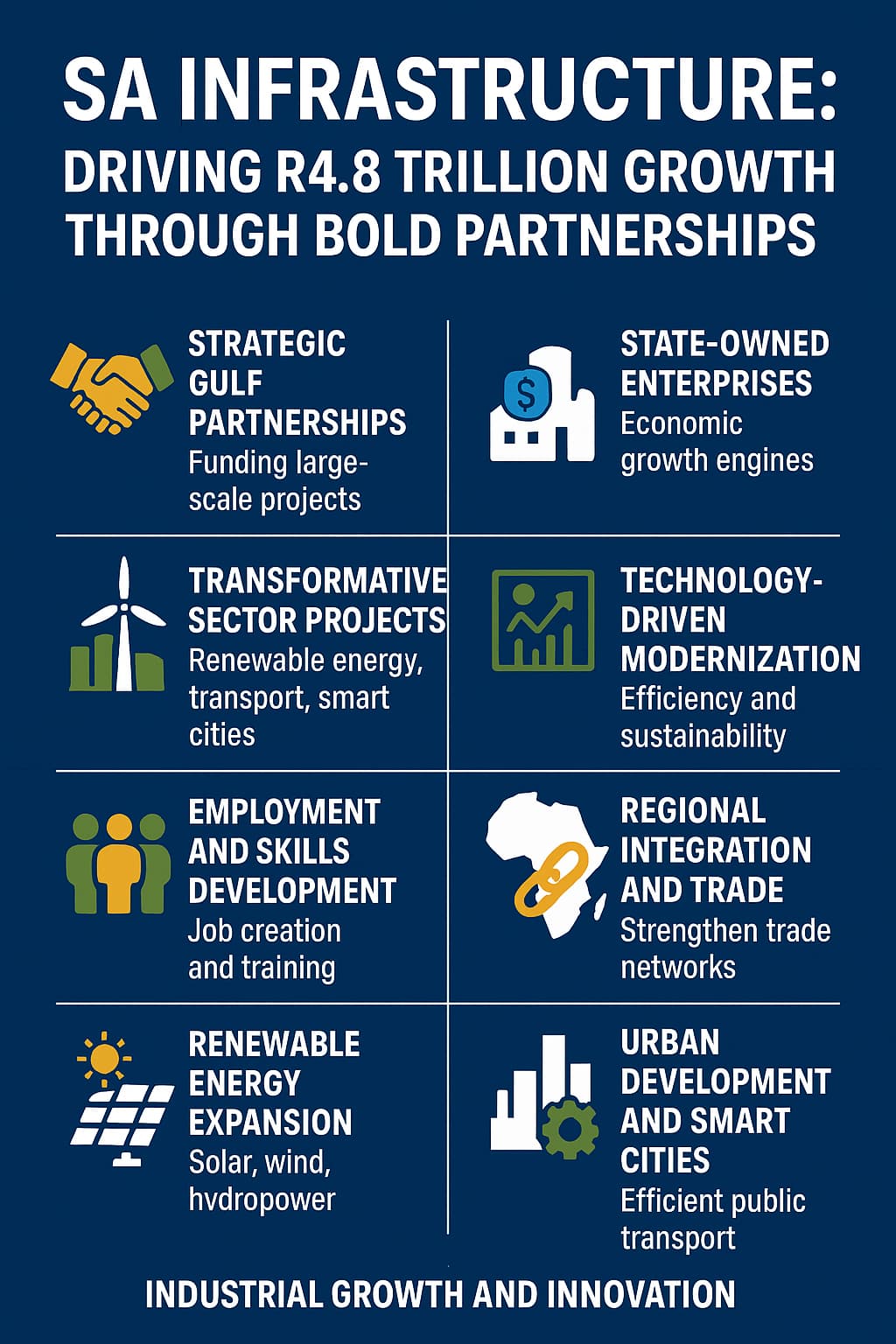Labour in the Age of AI: G20 Labour Group Demands Protection for Platform Workers

Drop files to upload
Labour in the Age of AI: G20 Labour Group Demands Protection for Platform Workers
As the digital economy continues its rapid expansion, labour unions and advocacy groups are sounding the alarm: technology must empower workers, not undermine them.
The G20’s Labour 20 (L20), the official channel representing workers’ interests in the G20 process, has issued a stark warning against the unchecked rise of exploitative practices within the platform economy. The group, comprising trade union federations from across the globe, is calling for urgent global reforms to protect the rights of workers misclassified as “independent contractors.”
In a strongly worded communiqué, L20 denounced what it termed “exploitation hidden behind code,” accusing digital platforms of abusing regulatory loopholes to deny workers basic protections and rights. “This isn’t innovation,” the statement reads. “It’s exploitation repackaged for the digital age.”
Misclassification and Its Consequences
Many digital workers, particularly in ride-hailing, food delivery, and freelance platforms, are classified as independent contractors — a label that strips them of key employment protections such as minimum wage guarantees, paid leave, unemployment insurance, and the right to unionize.
South African labour leaders have been particularly vocal on the issue. Tanya van Meelis, Head of Policy at Cosatu, noted that the current classification renders digital workers “invisible” to existing labour laws. “They are excluded from collective bargaining and denied protection from unfair dismissals,” she said in an interview with the Mail & Guardian.
Riefdah Ajam, General Secretary of the Federation of Unions of South Africa (Fedusa), described the contractor classification as a strategic tool used by employers to cut costs while undermining workers’ rights. “They work full days, report to supervisors — sometimes even algorithms — yet receive none of the protections regular employees do,” Ajam said.
Technology Must Serve People, Not Profit Alone
L20’s call to action comes amid broader discussions within the G20 framework, including demands for reforms to global financial institutions like the International Monetary Fund and the World Trade Organization. The consistent theme across these forums: global systems must prioritize equity, inclusion, and accountability.
To that end, L20 has proposed a set of international standards, calling for cross-border regulation of platform companies, algorithmic transparency, data sovereignty, and fair taxation. “Workers must know how their performance is being evaluated,” the communiqué stressed. “No one should be at the mercy of opaque systems they cannot question.”
Building Accountability into the Digital Economy
Fedusa has demanded legislation that forces platforms to publicly disclose their worker policies, algorithmic tools, and profit allocation. The union is also pushing for financial penalties for non-compliance and supports increased local ownership of digital infrastructure.
“It’s a question of sovereignty and justice,” Ajam asserted. “We cannot allow foreign platforms to exploit our labour without any accountability. They must recognize workers not just as users, but as partners in the value they generate.”
The concept of digital colonialism — where platform companies extract value from local economies without reinvesting — was flatly rejected by L20. The group insists that digital infrastructure should be “public, universal, and democratic.”
Formalising Informal Work
With over 60% of the global workforce engaged in informal or precarious work, L20 emphasized the need for comprehensive formalisation. Key proposals include ratifying relevant International Labour Organization (ILO) conventions, strengthening labour inspections, and reforming outdated employment laws.
“Informal workers are workers. Their rights are non-negotiable,” the communiqué stated. L20 urged governments to embed trade unions into this transformation, ensuring that workers’ voices are central in shaping digital labour frameworks.
In South Africa, recent negotiations between labour federations and the state — led through the National Economic Development and Labour Council (Nedlac) — have yielded some success. According to Van Meelis, the government has agreed to extend union and bargaining rights to non-traditional workers, including freelancers and actors.
AI and Gendered Job Loss
While AI promises productivity gains, it also poses risks of job displacement — particularly for administrative roles often held by women. “The gendered impact of AI cannot be ignored,” said Van Meelis. “Without safeguards, this technology could widen the inequality gap even further.”
She warned that digital transformation must be balanced with social integration. “We cannot allow technology to outpace our humanity. If someone works consistently for a platform and depends on that income, they should be presumed an employee by default.”
Changing the Legal Landscape
Current South African laws fail to account for the realities of gig work. Ajam called for immediate legislative amendments to protect platform workers fully. She also criticized emerging terms like “dependent contractor” as potential loopholes. “Any new legal category must come with complete rights and protections,” she emphasized.
Fedusa is now urging the ILO to adopt a binding global convention on platform work, which would mandate fair pay, reasonable working hours, transparency in algorithms, access to benefits, and the right to unionise.
A Global Labour Crisis
The L20 communiqué painted a dire picture of the global labour landscape: worsening inequality, climate breakdown, authoritarianism, unemployment, and crumbling public services. These pressures are even more intense in the Global South, where debt burdens and post-colonial injustices still shape economic outcomes.
“The working class must not be forced to pay for a failed system,” L20 declared. It called for a fundamental rethinking of global governance, urging a fairer distribution of income and the revitalisation of multilateralism.
“Workers are not numbers on a spreadsheet,” the communiqué concluded. “We are the builders of society. Any recovery that ignores us is destined to deepen the crisis.”
Conclusion: A Call for a Fair Digital Future
As the world enters a new era of digital transformation, the stakes could not be higher. While technology has the power to enhance productivity and connectivity, it must not come at the cost of human dignity, fairness, and labour rights. The message from Labour 20 is clear: the future of work must be built on justice, transparency, and inclusion.
The time for action is now. Governments must respond to the realities of the digital age by crafting policies that center the worker, not the algorithm. Failure to do so risks not only economic inequality but the erosion of democratic values themselves.
Let us not forget: labour is not a relic of the past. It is the foundation of every future worth building.
For a deeper analysis of how AI is reshaping labor rights across Africa and the Global South, read our in-depth report here.



